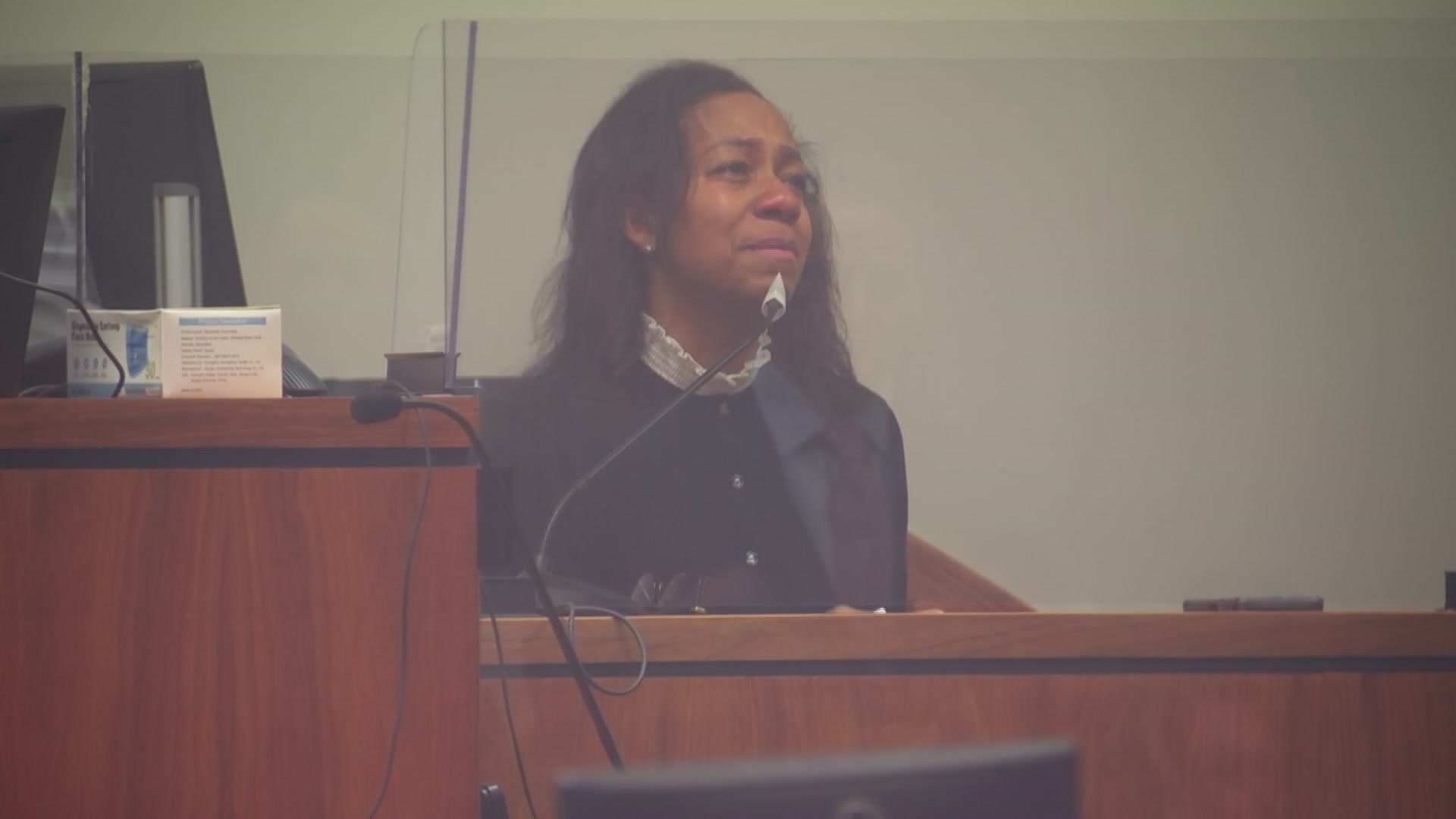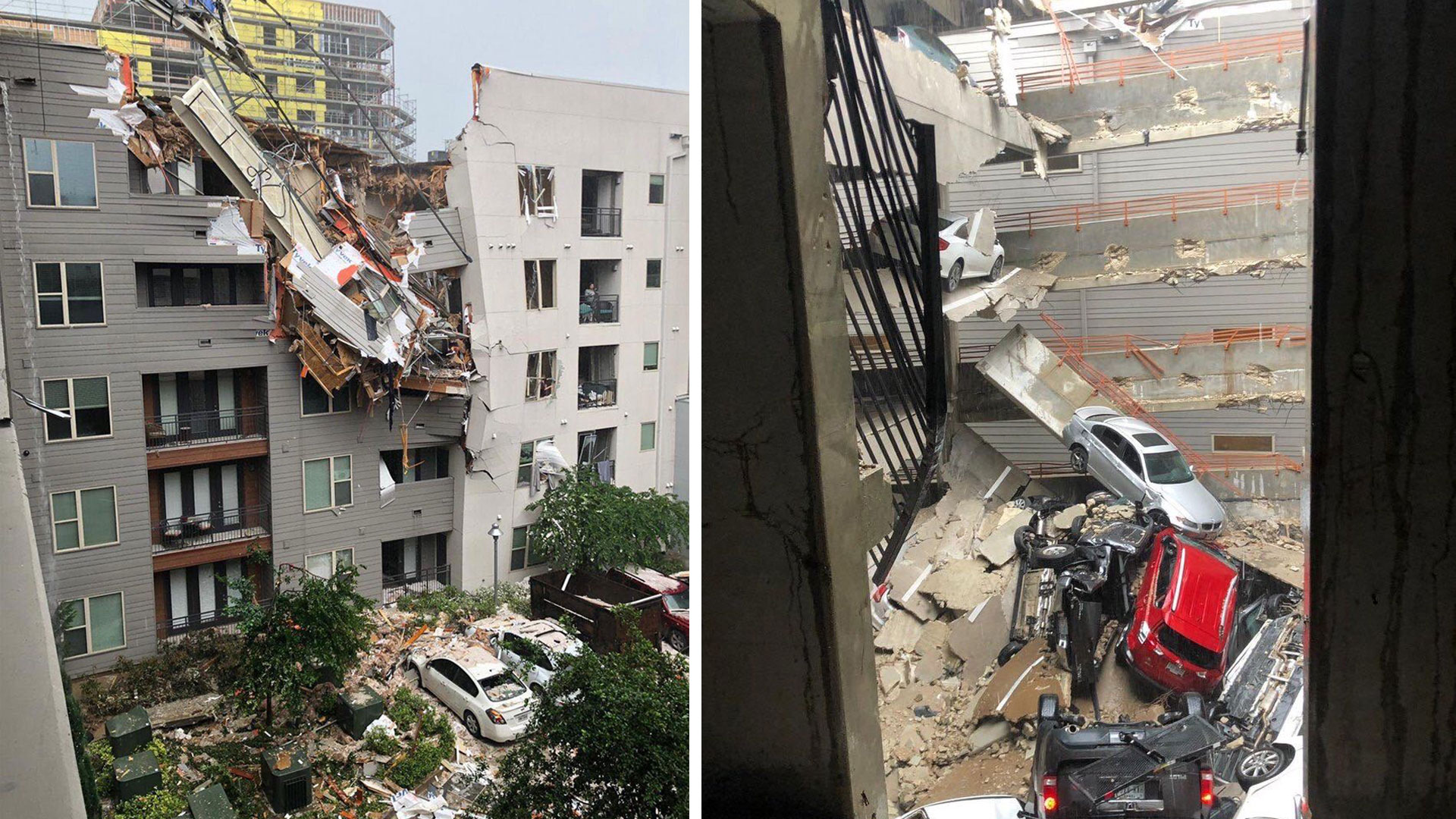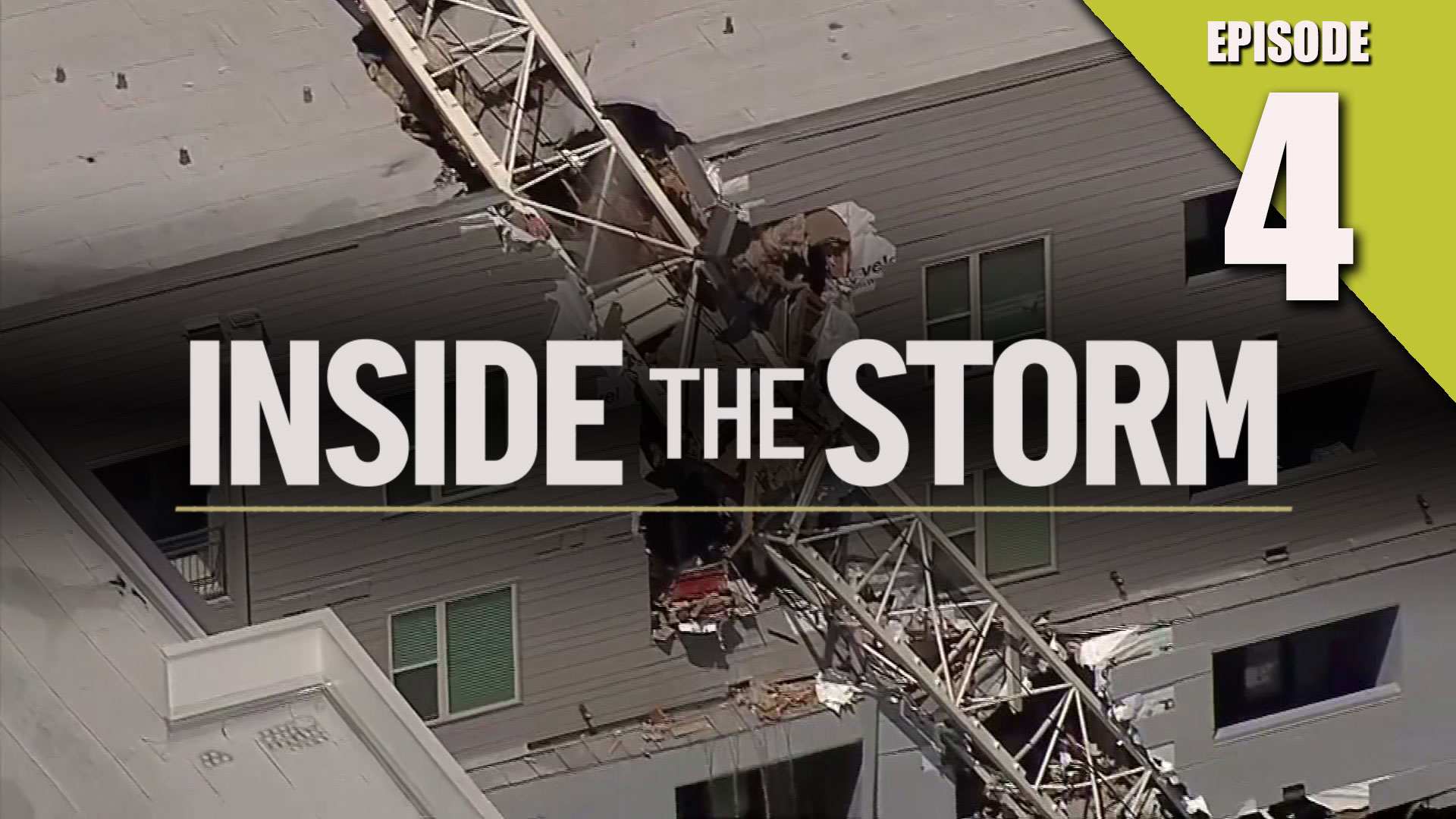Tuesday afternoon attorneys delivered their closing arguments as a civil trial regarding a lawsuit of a deadly crane collapse begins to come to an end.
A jury will deliberate and decide if a real estate developer and crane company were negligent.
It's been nearly three weeks since the civil trial began.
It's centered around Kiersten Smith, 29, who died on June 9, 2019, when a construction crane fell on her Old East Dallas apartment called Elan City Lights.
Get DFW local news, weather forecasts and entertainment stories to your inbox. Sign up for NBC DFW newsletters.
Smith, who was in the process of planning a wedding, was sitting on a couch while her fiancé cooked a meal when the tragedy happened.
Her parents, Michele Williams and James Kirkwood, are suing Greystar, the company that owned the apartment complex and the new one that was under construction, The Gabriella. The lawsuit also names Bigge Crane and Rigging, the company that leased the crane and operator to Greystar.
During closing arguments Tuesday, attorney Jason Itkin, who represents Williams, spoke to the jury for more than two hours, hammering his points regarding facts laid out in the case and the emotional toll it's taken on the family.
"What you decided is important for Kiersten's memory," Itkin told the jury as he explained how the outcome of the civil trial could impact future safety measures for construction companies.
The lawsuit alleges gross negligence on the part of the crane company, Bigge Crane and Rigging, and Greystar, the company that rented the crane to build new apartments next door to the Elan City Lights.
One of the points Itkan focused on was an expired inspection on the crane that could have identified loose bolts, rusty bolts other potential issues. Through crane operational documents, Itkin and his team showed the court that the crane had the ability to be prepared for bad weather and high winds and that the companies did not follow weather protocol for the crane prior to the collapse.
Stating if it was "weathervaned," the crane would have moved with the wind versus in the same spot and taking on the force of the 70-mile-per-hour winds.
The crane operator, Robert Hilty, told the courtroom last week when he took the stand that he did take the steps to weathervane the crane before leaving the day before.
All the parties involved have pointed the finger at the crane operator suggesting otherwise.
Greystar has argued it was an error of the operator for the crane to fall and that he was an employee of Bigge Crane and Rigging.
Meanwhile, attorneys for the crane company argue the operator was Greystar's responsibility since they leased the equipment and operator.
During his closing arguments, Itkan also added that a "Greystar" sign on top of the crane was a contributing factor to its collapse.
They're seeking more than $500 million in compensatory damages for Smith's parents. They're also seeking $1,206 in punitive damages, which was Smith's apartment number.
Tuesday evening, Greystar and Bigge attorneys delivered their closing arguments after 5 p.m., in which the judge said the jury would be willing to work late.
The entire morning was spent on wording for the jury instructions, which is a list of questions for them to answer, including if they find the parties involved negligent and monetary compensation.




